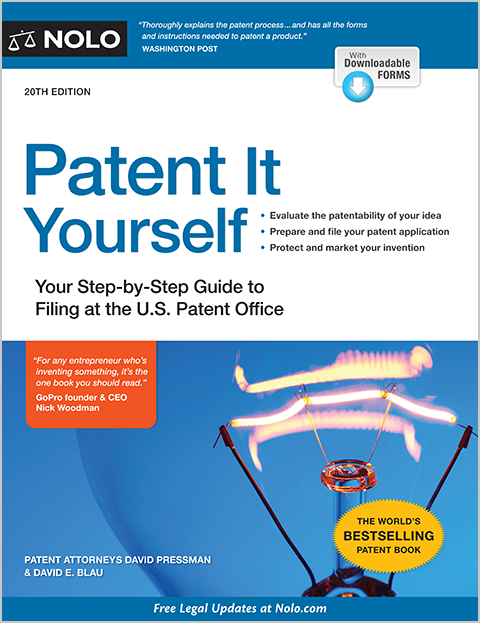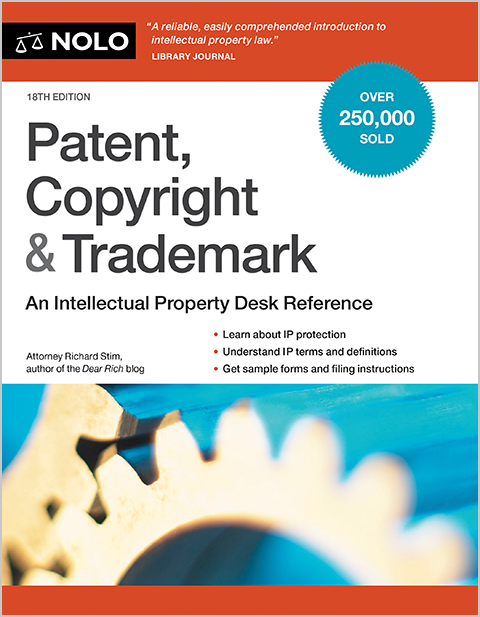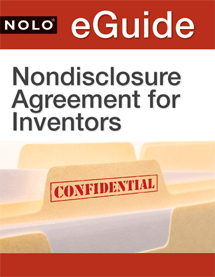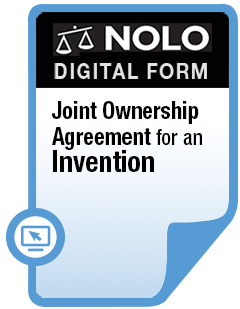Why self-mailing won't get you the copyright protection you need.
An interesting rumor circulates through copyright lore: To obtain a federal copyright protection on your creative work, the story goes, all you must do is stick the work into an envelope and mail it to yourself through the United States Postal Service. Once it arrives back on your doorstep, keep the sealed envelope—now with the postal date stamp—in a safe place. That sealed envelope results in copyright protection. If anyone tries to pilfer your idea, whether a book, poem, or movie script, that sealed envelope is your ticket to victorious copyright litigation.
Not exactly. Let's look at the problems with this approach.
Why Mailing Won't Get You the Copyright Protection You Need
Unfortunately, the process for registration of a federal copyright is more burdensome and formalized than the above legend would suggest. The notion of mailing oneself a creative work to obtain copyright protection is sometimes referred to as the "poor man's copyright."
But don't be fooled; the process will not yield you an enforceable copyright. And a copyright isn't much good if you can't bring suit to enforce it.
How did this rumor begin? It is true that to obtain a copyright over a creative work, all that you must do is reduce the work to a physical form. This means that you cannot simply copyright an idea for a painting, a song, or a movie—you must actually paint the painting, compose the song, and film the movie. Once the idea is reduced to physical form, you technically have a copyright over that creative work.
It's just that, to actually do anything with that copyright, you need a formal registration with the U.S. Copyright Office.
What You Get From Actual Copyright Registration
The U.S. Copyright Office is the federal agency charged with granting and administering all copyrights in the United States. Registration of one's work confers many benefits, including the ability to sue someone for infringing your work, in a federal court.
(Again, if you only write down your creative work and mail it to yourself, you cannot actually initiate litigation for infringement).
Registration also clearly and unequivocally establishes the date upon which you begin to "own" the work. This can be particularly important in situations of copyright infringement, where both sides will typically argue that they created the work before the other.
Fortunately, the Copyright Office's website makes the registration process fairly self-explanatory. You simply select the type of work you wish to register—such as literary work, visual work, photographs, and so forth—and follow the instructions.
The Electronic Copyright Office, known as "eCO," allows you to upload the work (as a PDF, JPEG, etc.), along with your application. Once submitted, the staff of the Copyright Office will review it and then, hopefully, approve your application and issue you a formal copyright certificate.
The Copyright Office will charge fees for your registration. Fees change each year, and depend on the nature of your intended registration, but typically run between $50 and $100.
In short, don't believe the rumors. In its FAQs, the U.S. Copyright Office itself explicitly reminds potential registrants that "There is no provision in the copyright law regarding any such type of protection, and it is not a substitute for registration." Mailing yourself a copy of your creative work might feel like a clever workaround of the legal system, but in fact, you might be shooting yourself in the foot.
Learn more about copyright and the benefits of registration.
Talk to a Lawyer
Need a lawyer? Start here.
How it Works
- Briefly tell us about your case
- Provide your contact information
- Choose attorneys to contact you
- Briefly tell us about your case
- Provide your contact information
- Choose attorneys to contact you



